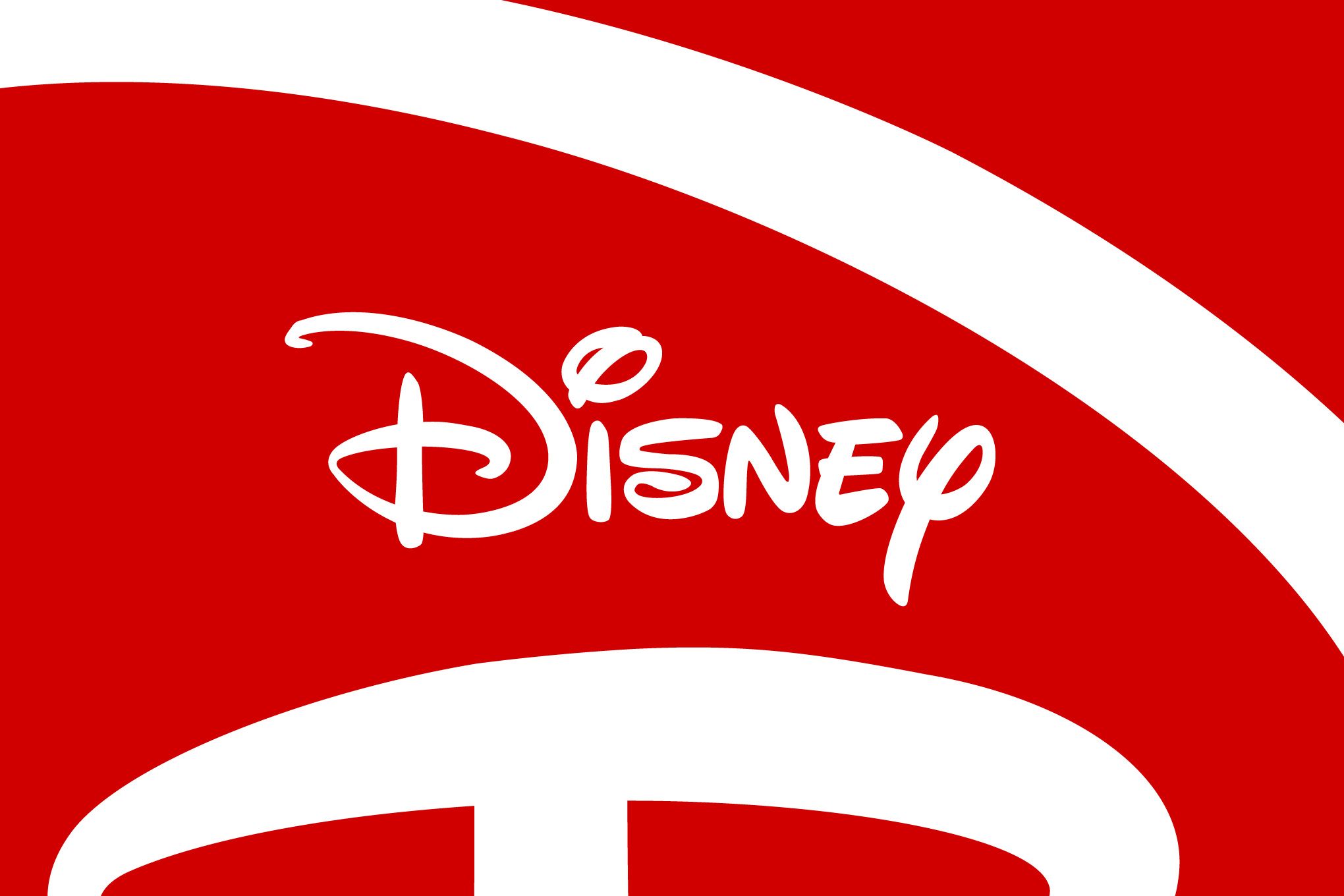Disney just threw the streaming industry into chaos with a sealed lawsuit against Sling TV over its revolutionary $5 one-day cable passes. The entertainment giant claims the Dish-owned service launched the short-term streaming packages without permission, potentially upending how consumers access live TV content.
Disney just escalated the streaming wars with a surprise legal strike against Sling TV, targeting the service's innovative one-day cable passes that threatened to revolutionize how Americans consume live television. The sealed lawsuit, first reported by Deadline, claims the Dish-owned platform violated existing licensing agreements by offering Disney's premium content through ultra-short-term subscriptions.
The dispute centers on Sling TV's game-changing streaming passes, launched earlier this month with pricing that starts at just $5 for one-day access to networks including ESPN, ESPN2, ESPN3, and Disney Channel. The service expanded the concept to one-weekend and one-week options, positioning them as perfect solutions for cord-cutters who want to catch specific sporting events or award shows without committing to monthly cable packages that can cost $50 or more.
[embedded image description: Split screen showing Disney+ logo and Sling TV interface with day passes]
But Disney wasn't having it. According to court documents obtained by Variety, the entertainment conglomerate argues these passes directly contradict their existing carriage agreement, which explicitly requires Sling TV and Dish to provide subscriber access through traditional monthly subscription models. "Sling TV's new offerings, which they made available without our knowledge or consent, violate the terms of our existing license agreement," a Disney spokesperson told Deadline.
The timing couldn't be more significant for the streaming industry. As traditional cable subscriptions continue their precipitous decline—dropping from 100 million households in 2012 to under 70 million today—innovative pricing models like Sling's day passes represent exactly the kind of flexible consumption that younger viewers demand. The concept mirrors how consumers already engage with content through rental models for movies or single-game sports packages.



